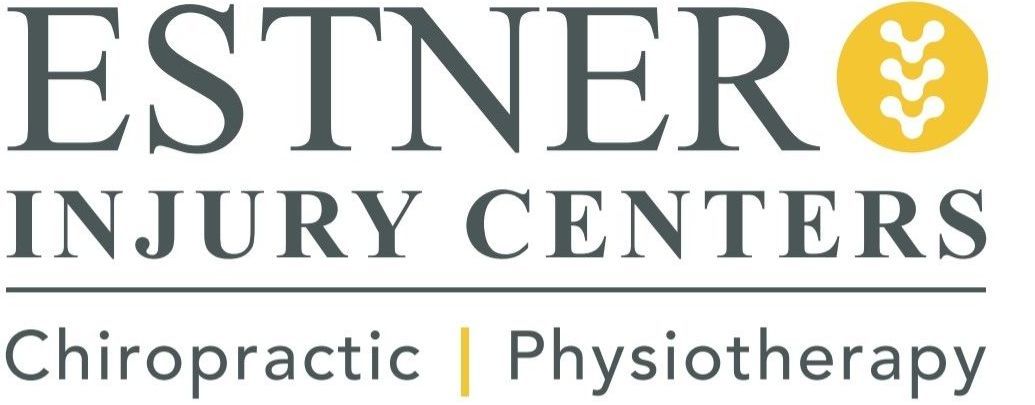Why Is My Neck Popping after a Car Accident?
Share
Why Is My Neck Popping after a Car Accident?
The jarring impact of a car accident can have a multitude of effects on the human body. One symptom that often raises concern after such an event is the sensation of the neck popping. This can manifest as a sound, a feeling, or both, and it is often indicative of an underlying issue. In this detailed exploration, we will unpack the causes of neck popping after a car accident, the potential injuries involved, and the most effective ways to diagnose and treat them.
Unraveling the Mechanics of Neck Popping
Whenever the structures within the neck are moved suddenly or with great force, the synovial fluid that lubricates the facet joints may experience a change in pressure. This can lead to the rapid release of gas within the fluid and the subsequent collapse of the gas cavity, resulting in a popping sound – also known as cavitation. In normal circumstances, this phenomenon, which is often associated with cracking knuckles, is relatively benign. However, when experienced after a car accident, it can signal more serious issues.
The Anatomy of Our Concerns
To comprehend why the neck is vulnerable during a car accident, it's important to understand the complexity of the cervical spine. This area of the spine consists of seven vertebrae, delicately stacked upon each other and connected by muscles, ligaments, and joints. Any force that causes this structure to move beyond its normal range of motion can result in damage or trauma to the surrounding tissues, leading to pain, stiffness, and in the case of the infamous 'pop', further complications.
Jarring Forces and Their Impact
The rapid deceleration or sudden stopping forces of a car accident can cause the front of the body to come to an abrupt halt while the head and neck continue to move forward, backward, or even laterally, beyond the range of motion that the cervical spine can safely accommodate. This hyperextension or hyperflexion can damage the muscle fibers and tendons that support the spine, lead to strain or sprains, or cause more severe injuries like herniated discs or fractures.
A Deeper Look at Whiplash
Whiplash is perhaps the most common diagnosis associated with neck injuries from car accidents. It typically occurs in rear-end collisions but can transpire in other types of accidents that involve a sudden jolt to the head and neck. Beyond the common symptoms of neck pain and stiffness, whiplash can also lead to that disturbing popping sensation.
Beyond the Symptoms
Whiplash is not just about the pain and stiffness that occur shortly after the accident. It can result in long-term complications like chronic headaches, decreased range of motion, and sometimes cognitive issues. The popping sensation, in the context of whiplash, often occurs when the neck's structures have been loosened due to damage, allowing for increased mobility and potential for misalignment.
Getting a Diagnosis
Diagnosing whiplash is a multi-step process that usually involves a physical examination and, in some cases, imaging studies like X-rays or MRIs to rule out fractures or serious soft-tissue injuries. The popping sensation can be a valuable indicator to healthcare professionals that more severe forces were at play during the accident and a thorough examination is required.
Treating the Popping Post-Accident
Once the source of the popping sensation has been identified, treatment can begin. The aim of treatment is not just to alleviate the symptoms but also to facilitate the healing process, restore mobility, and prevent long-term complications.
The Role of a Healthcare Team
Recovering from a car accident-related injury like whiplash requires a comprehensive approach. You might need to work with a team of healthcare professionals including chiropractors, physical therapists, and in some cases, pain management specialists. The types of treatment can vary, but usually includes a combination of rest, physical therapy, chiropractic care, and pain management techniques such as medication, hot/cold therapy, or even injections.
Rehabilitation and Beyond
In milder cases, rest and over-the-counter pain medications may suffice. However, for more severe cases, a structured rehabilitation program that includes exercises to strengthen the neck muscles, improve posture, and restore the neck's range of motion will be essential. It's also crucial to address any psychological components that may develop, such as fear of driving or persistent anxiety related to the accident.
The Importance of Patience
Recovery from a car accident-related injury is rarely a linear process. Patience is crucial as the body heals at its own pace. Efforts to rush rehabilitation can lead to further injury or delayed recovery. Active involvement in your treatment plan, open communication with your healthcare team, and adherence to their guidance will provide the best chance for a successful recovery.
Understanding and Addressing the Popping Neck
A popping sensation in the neck after a car accident should not be ignored. It serves as a signal that jarring forces have potentially led to injuries within the delicate network of the cervical spine. Seeking proper diagnosis and treatment is not just about managing your physical discomfort but minimizing the potential for long-term impacts. By understanding the causes of neck popping and the range of potential injuries that follow, victims of car accidents can approach their recovery with informed insight. Remember, your body is equipped with an incredible capacity for healing, and with the right guidance and patience, you can overcome the consequences of these traumatic events.

